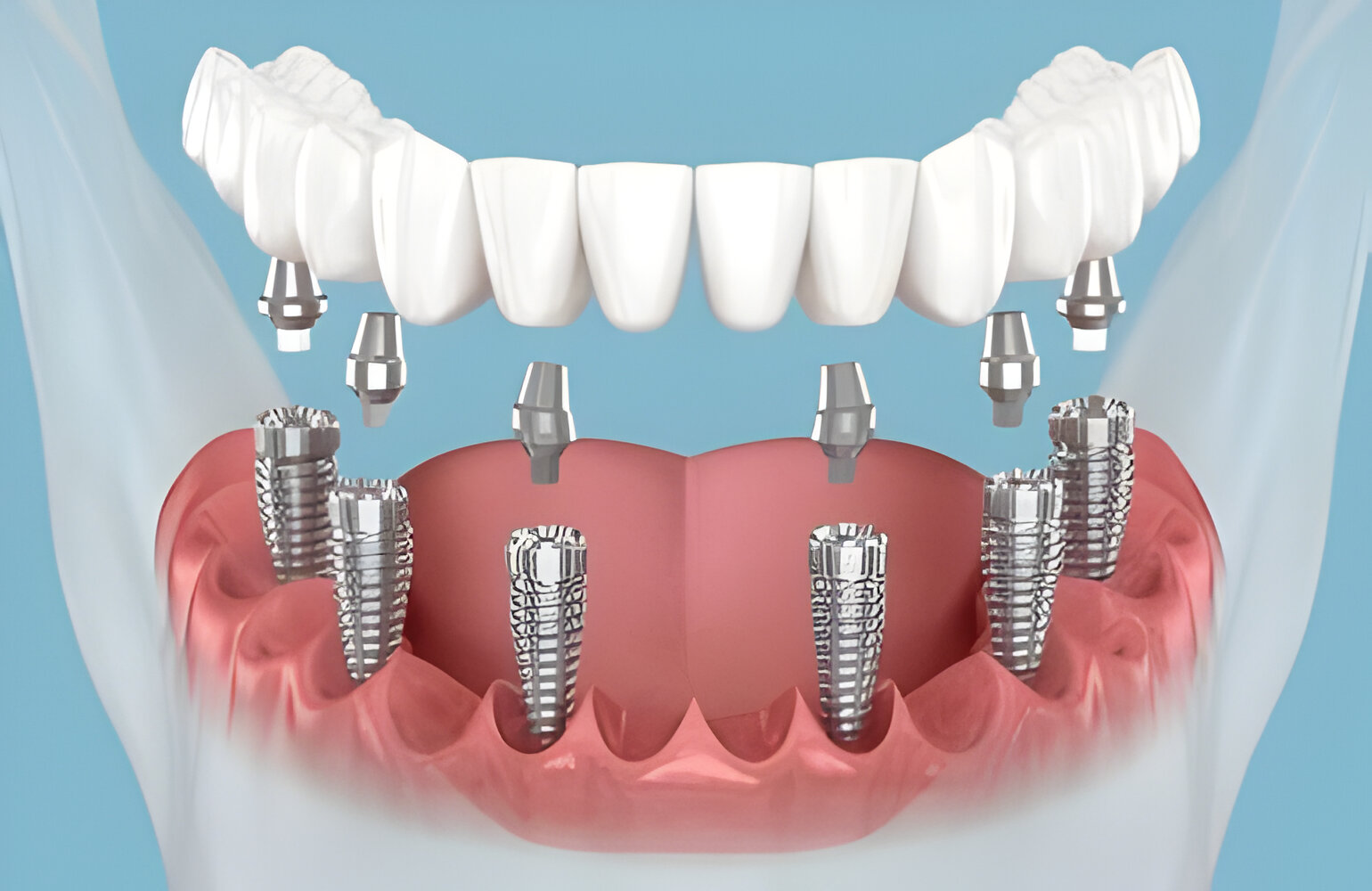You have a lot on your mind as a family healthcare provider at home or a care facility with your loved one. Doctor’s appointments, drugs, and the comfort of your loved ones may appear to be more important than a person’s oral health. It’s critical to remind caretakers that the patient’s dental health should not be overlooked.
Keeping the mouth and teeth clean can help the patient avoid discomfort or pain. Good dental hygiene is critical for a patient’s comfort, safety, and self-esteem in any setting. Patients with broken, missing, or rotting teeth may experience pain and avoid eating or drinking. Partials or dentures that are broken or ill-fitting might make swallowing difficult or painful.
A variety of health conditions can influence how much care your loved one requires. Some people have physical issues that make holding a toothbrush difficult, and some people have trouble remembering to brush and floss. Some people with dementia require someone to regularly look after their teeth and accompany them to the dentist.
If your loved one is in a long-term care facility, find out what dental services are offered and who will be responsible for daily dental hygiene. It’s crucial to find out if they’ve received proper training. Whatever the case may be, ensuring that your loved one follows a daily oral health care routine and visits the dentist regularly is critical.
It is important to find a dentist who can provide you with the best dental care, and it is also important to find a dentist who will have your best interests in mind. If you lives in Hamilton or near by area, You can do many things to find the perfect dentist in Hamilton You could ask your friends and family for recommendations, do research online, or even go door-to-door and ask people if they know of any good dentists in the area.
Steps to Take Every Day as a Family Healthcare Provider in Oral Health Care:
- Brush your teeth for two minutes twice a day with a gentle toothbrush and fluoride toothpaste. If you brush your teeth, this is the simplest approach to detect a problem in the mouth early on, which can lead to the best treatment results before more serious concerns occur.
- You can use floss, a floss pick, or a water flosser to clean between the teeth. If your loved one wears dentures or partials, make sure they are rinsed after each meal, cleaned daily with denture cleaning and a gentle dental brush, taken out before bed, and stored in water overnight. It should do this daily to prevent food and debris from becoming trapped under the denture and causing ulcers on the gum tissue and maintain the appliance clean.
- You should avoid snacking and sugary drinks. Healthy foods are healthy for the mouth and body and lower the risk of cavities in your loved ones. Sugary drinks and frequent eating increase the number of bacteria in the mouth, raising the patient’s chance of developing a cavity.
- Using a fluoride rinse or gel daily will help to safeguard their teeth.
- If your loved one complains about dry mouth, you can try one of numerous commercially available dry mouth rinses. It can also help if your patient drinks water or eats ice chips.
- If they have dentures or partials, take your loved one to frequent dentist checkups to have their teeth inspected and cleaned. It’s critical to have the dentures and oral tissue inspected to ensure no painful spots on the tissue or a denture crack.
- Keep an eye out for symptoms that could indicate a larger problem. Some drugs might induce dry mouth, and others can lead to the development of Candida albicans, a yeast-like fungus better known as “Thrush.” Some people will express difficulty eating or swallowing. If your loved one develops a new symptom, schedule an appointment with a dentist right once.
As a family caregiver, the assistance you can provide to your loved one is critical. Your everyday support and care, combined with professional dental treatment, will provide your loved one with the best opportunity for a healthy mouth.



